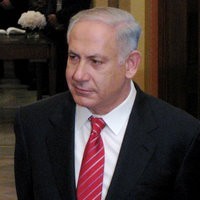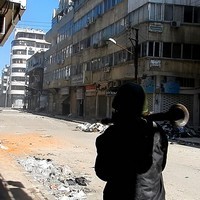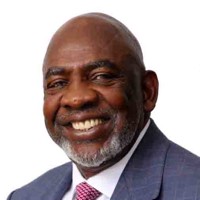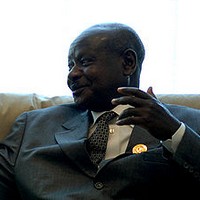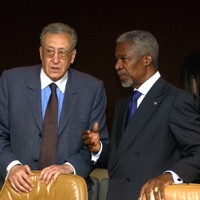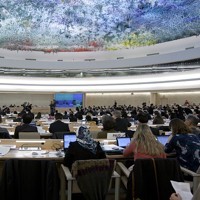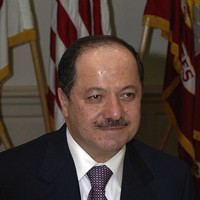
During most of history, only those unlucky enough to be on the battlefield or in a sacked city experienced war. To understand armed conflict, the broader public relied on official pronouncements, soldiers’ stories and mythical narratives — none very reliable. With the spread of literacy and expansion of the popular press, this began to change. A new breed of journalists, war correspondents, followed armies to the very edge of battle. By the time of the American Civil War, stories from the front were often embellished with drawings and engravings. Photography, which had first been used to film military scenes in […]



